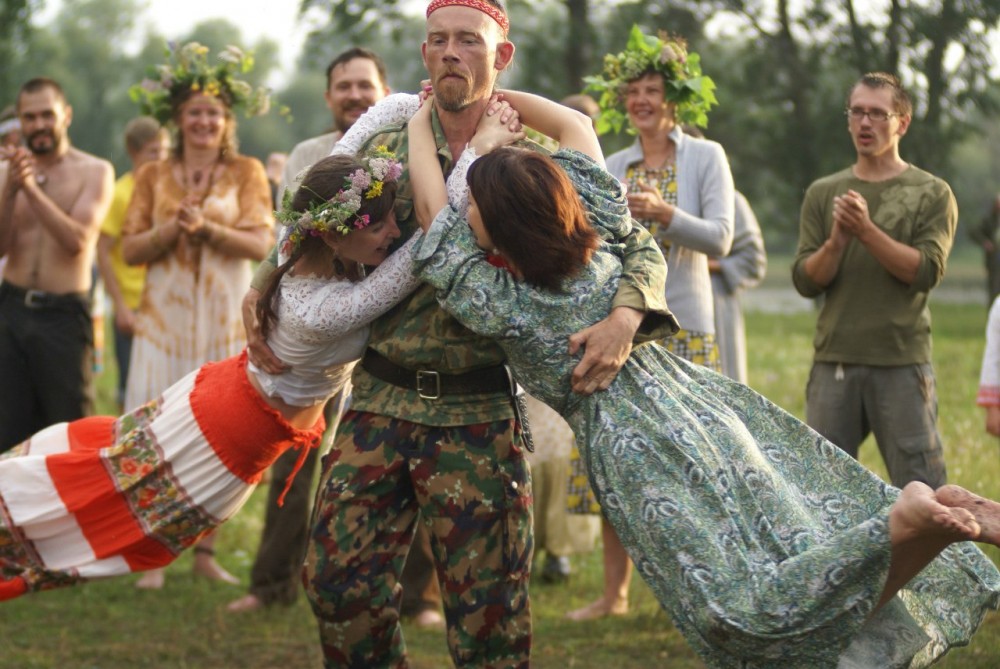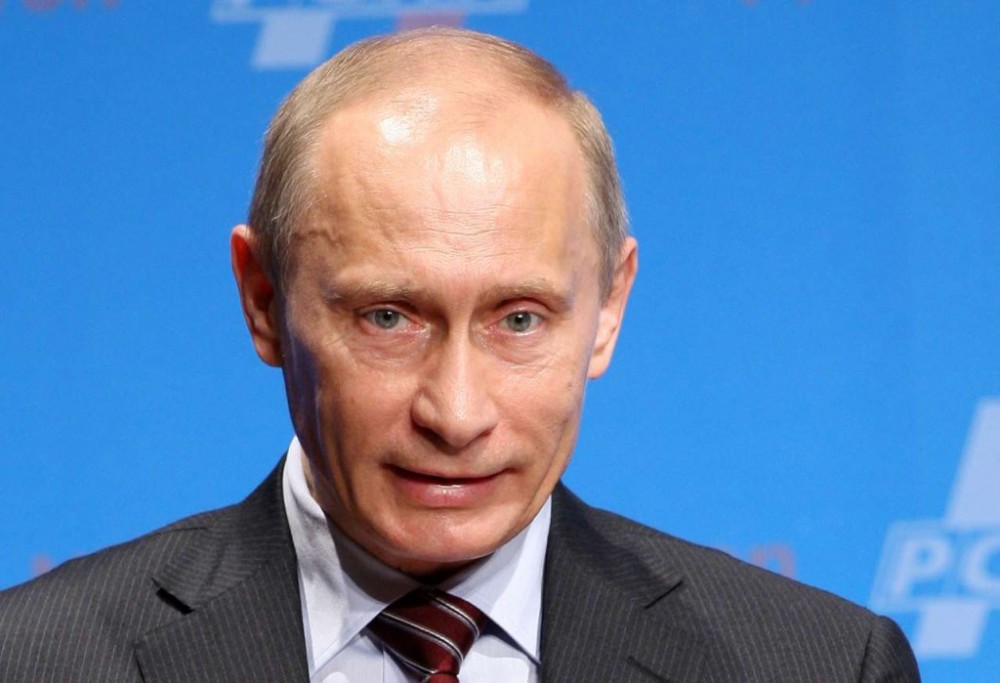The world has condemned the shelling of a passenger bus near Volnovakha but is in no hurry to put the blame on terrorists.
President Poroshenko’s appeal to declare DNR and LNR as terrorist organizations has so far generated a positive response only from European conservatives, who submitted it for review by the European Parliament. The proposal is being discussed in Strasbourg and will be voted on Thursday, January 15.
The attack on a passenger bus in Volnovakha was a terrorist act, as was the attack in Paris last week. The Ukrainian president, the government, and many Ukrainians are trying the convince the world of that fact in social networks. The slogan “Je suis Volnovakha” (I am Volnovakha) is spreading online as an analogy to the slogan “I am Charlie” that took the entire world by storm in recent days. But the world’s reaction is contradictory. Some state — as did Shaun Walker, the Moscow correspondent for the British newspaper The Guardian — that the two mass murders have much in common and the world must rise up against terror. Others disagree, as did his colleague Stéphane Siohan at the French newspaper Le Figaro. Ukraine is at war, they say, and even if the attack is regrettable, it remains an episode of war.
Both international media and institutions are responding to the attack with similar restraint. They condemn the attack on the bus but they do not call it a terrorist act. They simply speak of the “alarming deterioration of the situation.” The UN Security Council and the UN Secretary-General in separate statements have condemned the shelling of the passenger bus and have called for investigations into the attack and for the punishment of the guilty. A similar statement was issued by the minister of foreign affairs of Serbia, which is now chairing the OSCE. A decisive response came from the United States. Although it did not call the shelling a terrorist act, the State Department did place the blame for the worsened situation on the separatists supported by Russia. NATO also indirectly blamed Moscow and the pro-Russian militants for the tragedy, stressing that Russia should have taken care of restoring peace a long time ago.
Angela Merkel admitted during a meeting with the NATO Secretary General that the European Union strongly supports a diplomatic resolution of the conflict even though the process has been stalled. She added that the long-awaited meeting of presidents in Astana has been postponed indefinitely. Possibly the decision in the European Parliament on January 15 will have some influence on the meeting, since members will be voting on resolutions pertaining to EU foreign policy. One resolution, prepared by European conservatives, calls for recognizing the DNR and LNR as terrorist organizations and for calling Russia a sponsor of terrorism.








